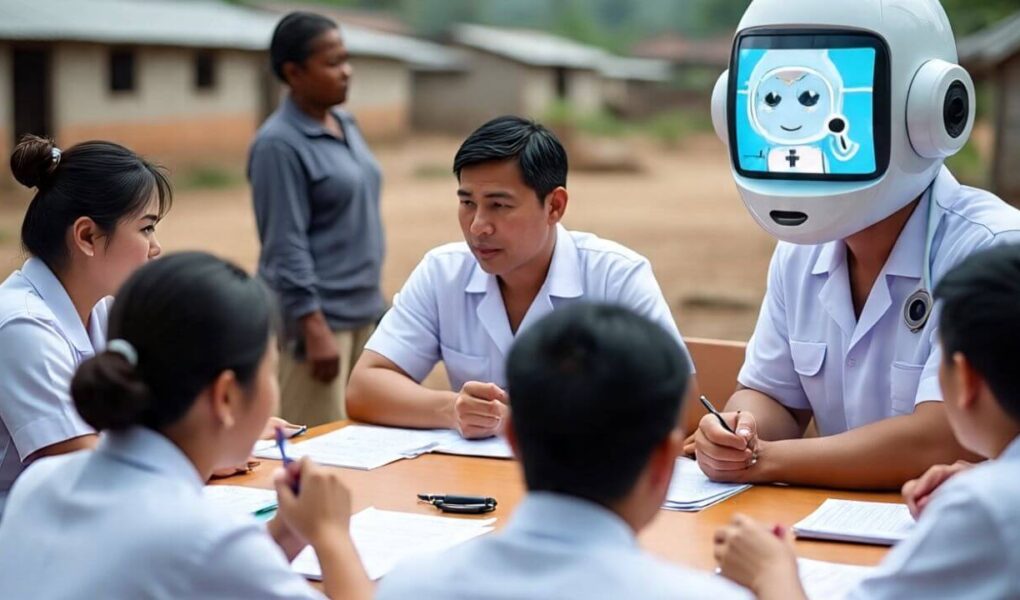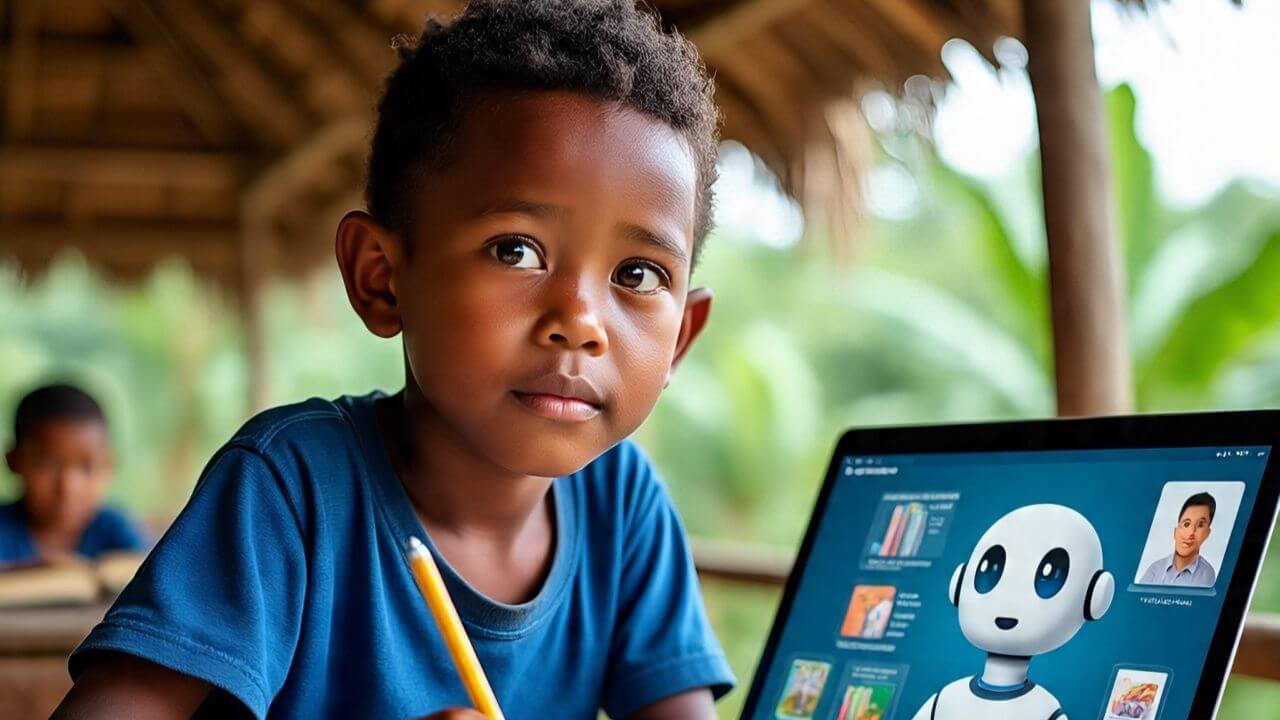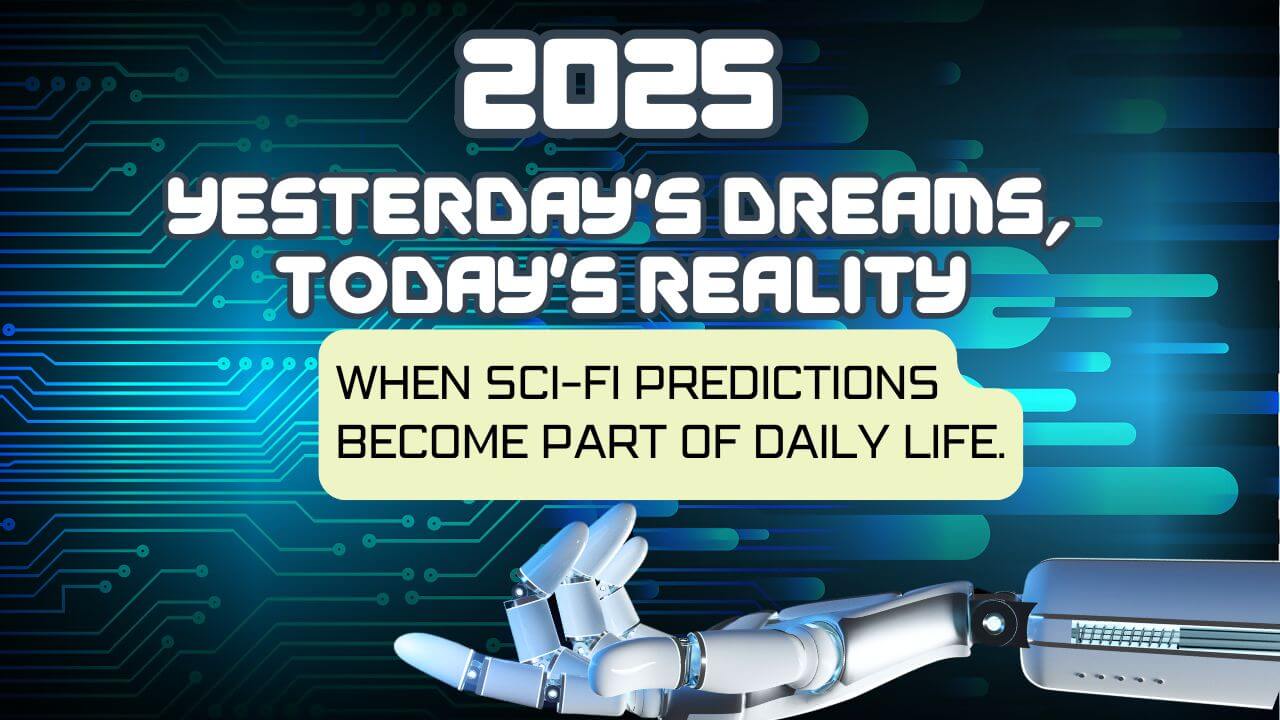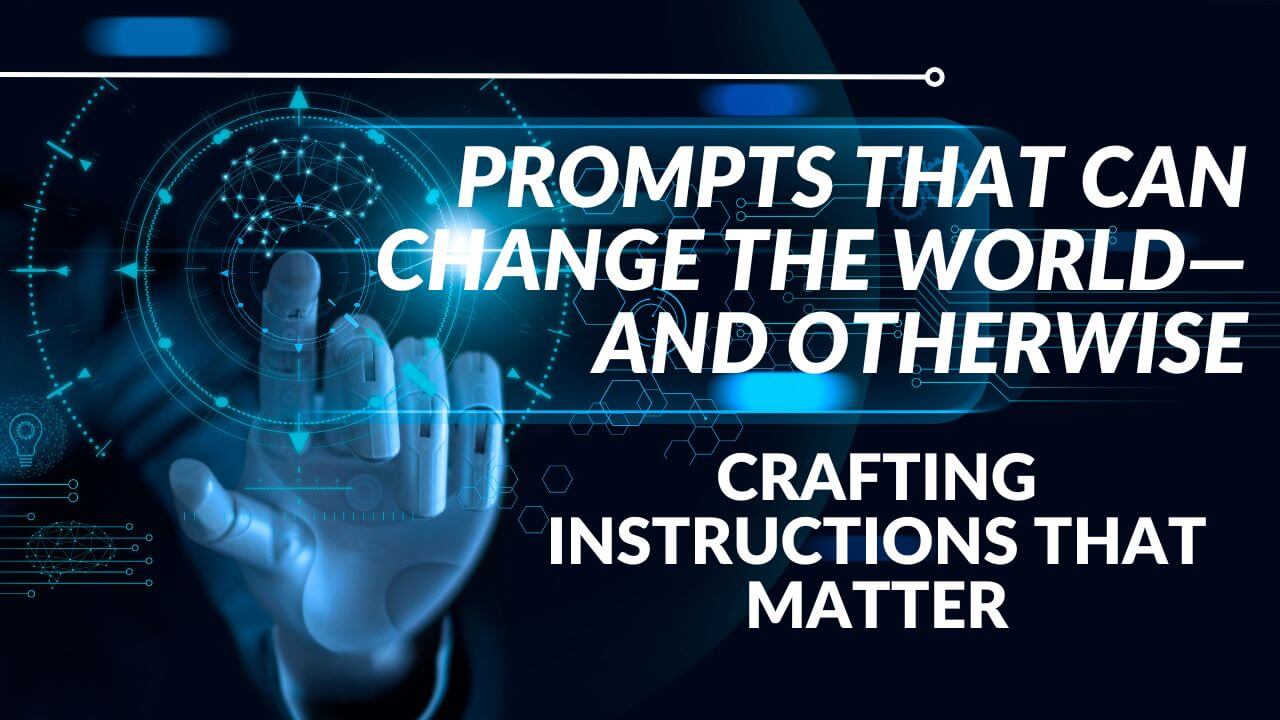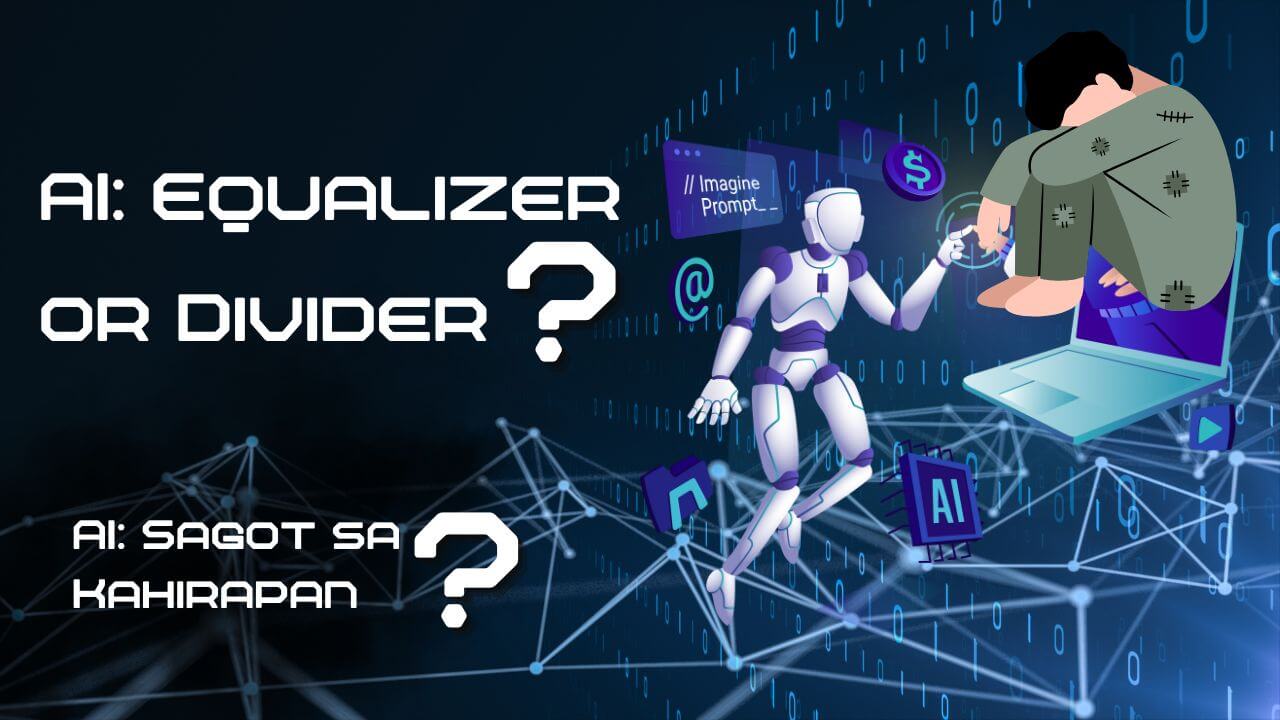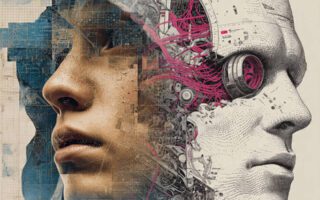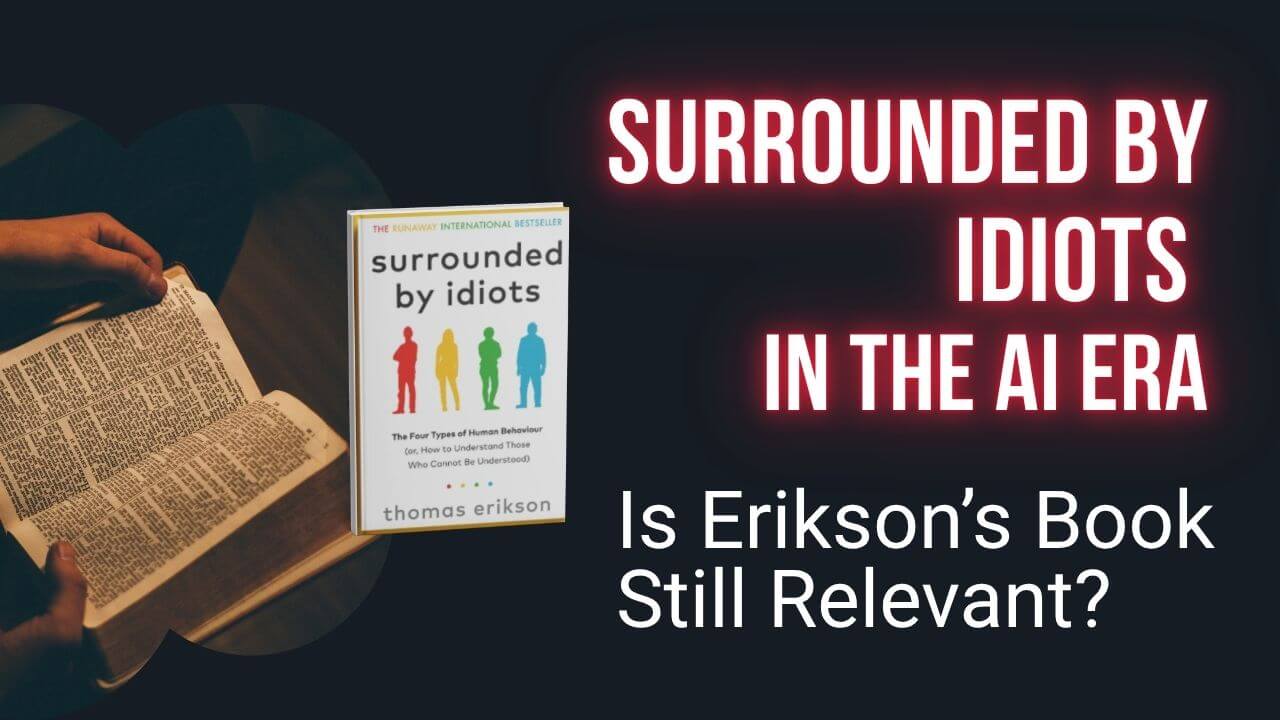Reimagining frontline care in the Philippines through offline, accessible intelligence
Across countless Philippine communities, barangay health workers serve as the first—and often only—point of contact for basic medical care. Armed with stethoscopes, notebooks, and deep community trust, they diagnose fevers, manage hypertension, support childbirth, and offer comfort where no doctor is available. But in a system stretched thin, these workers need more than dedication. They need tools.
Could artificial intelligence—designed for low-resource, offline environments—be the invisible ally they deserve?
🇵🇭 Why the System Needs Backup
- Doctor-to-patient ratios remain critically low, especially in geographically isolated areas.
- Health data is handwritten, disorganized, or lost, making continuity of care difficult.
- Most clinics still lack stable electricity and internet, ruling out cloud-based tools.
- Barangay health workers juggle huge responsibilities with limited medical training and virtually no administrative support.
These are not just “gaps”—they’re long-standing barriers to equitable healthcare. AI, when designed responsibly, could help close them.
🤖 Five Ways AI Could Support Health Workers—Even Without Internet
- Symptom Checkers and Treatment Guides: AI-powered apps can help assess symptoms step-by-step and suggest immediate responses for common complaints like fever, cough, or wounds.
- Voice-to-Text for Medical Records Instead of handwritten logs, AI can transcribe and organize notes using speech, reducing errors and helping track patterns.
- Offline-First AI Models: AI tools that work without internet, such as distilled large language models running directly on basic Android phones, could function 24/7 in rural clinics.
- Local Language Integration AI can translate medical advice into Tagalog, Bisaya, and other local dialects, making communication clearer and more compassionate.
- Preventive Care Alerts: Smart scheduling tools could remind health workers of upcoming home visits, vaccination drives, or patients needing chronic condition checkups.
These tools don’t replace health workers. They support them, helping save lives by improving speed, accuracy, and coordination.
📚 A Shared Struggle: Education and Health in Remote Barangays
Barangay health workers aren’t alone in carrying more than they’re equipped for. Teachers in underserved communities face similar battles: few books, crowded classrooms, and limited digital access. That’s why Offline Copilot: Virtual Library for Every Filipino Student proposes using offline AI tools to serve as pocket tutors, giving students access to explanations, summaries, and learning support even without electricity or signal.
It’s the same idea for healthcare: if AI can teach without Wi-Fi, it can also triage, transcribe, and translate without it too. Whether it’s learning or healing, smart tools in smart hands can change lives.
⚖️ What Needs to Be Addressed Before Scaling
- Accuracy & Cultural Fit: AI must be fine-tuned to reflect local medical protocols, symptoms, and treatment realities.
- Privacy Protection: Sensitive health data must stay local, encrypted, and controlled.
- Power Supply & Durability: Devices should work on solar charge, tolerate humidity, and function even during outages.
- Human Oversight: AI must never overrule a health worker’s judgment—only enhance it.
💡 Final Thought: Where Compassion Meets Innovation
AI for barangay health doesn’t need a hospital wing or 5G. It just needs intention—tools designed for the real-world rhythm of Filipino communities.
In the same way we envision offline Copilot as a virtual library for rural learners, we can reimagine AI as the invisible medical assistant—whispering diagnostic insights, taking notes, and translating care into every dialect. A quiet revolution—not in Manila boardrooms, but in the health posts of everyday heroes.
Technology should follow compassion, not the other way around. Let’s build tools that serve both.
🔗 Cited and Referenced Sources
- Offline Copilot for Education AI in Every Barangay: Bringing the Virtual Library to Every Filipino Student AIWhyLive.com
- Microsoft Copilot Hybrid AI Deployment Licendi. “Using Microsoft Copilot Without the Cloud.” April 2025. https://licendi.com/en/blog/using-microsoft-copilot-without-the-cloud/
- Global Health AI Examples
- Stanford Center for Biomedical Informatics Research – Dr. Nigam Shah on AI in healthcare: AI Transforms Healthcare | Stanford Health Care (YouTube)
- Babylon Health in Rwanda and Aravind Eye Hospital in India: Case studies frequently cited by WHO and Gates Foundation reports on AI healthcare deployments in low-resource settings.
- Philippine Health Statistics
- Department of Health (DOH) and Health Human Resource Development Bureau reports
- WHO Western Pacific Regional Office – Philippine health system profiles
